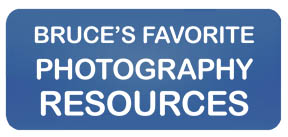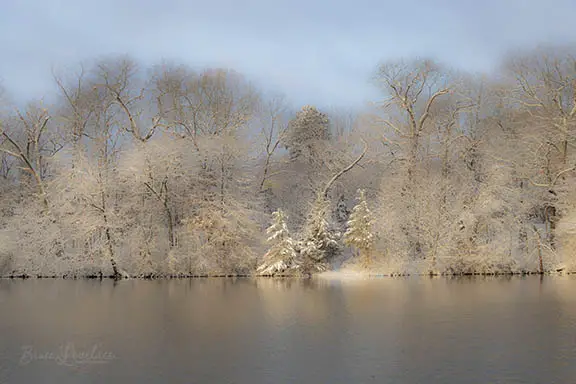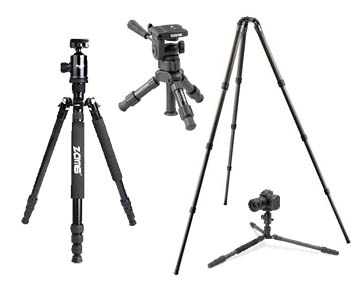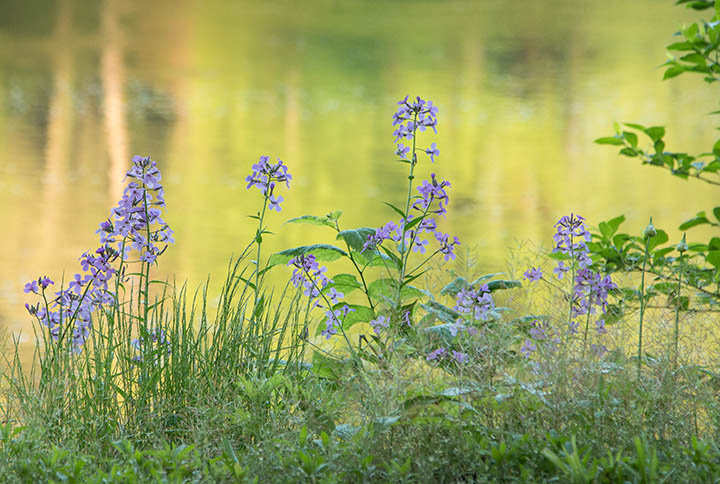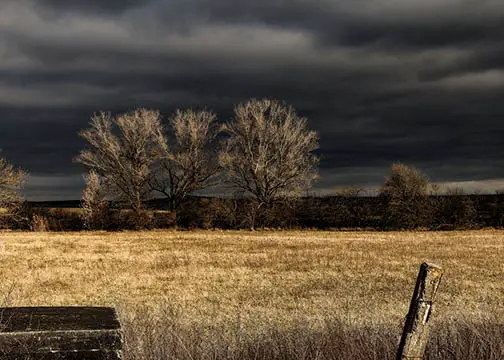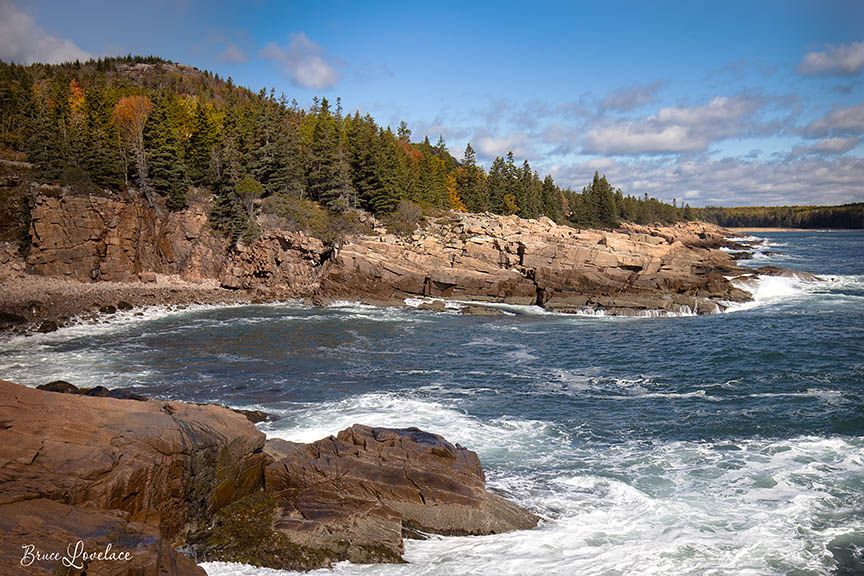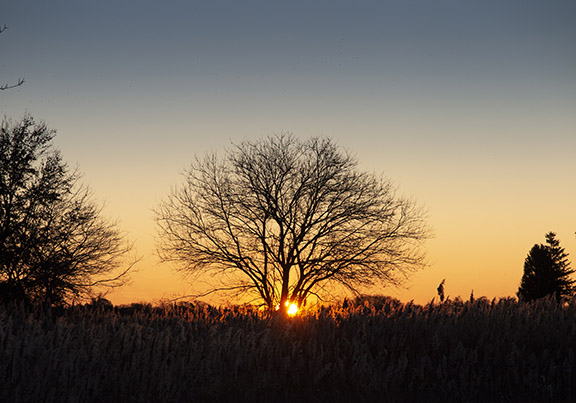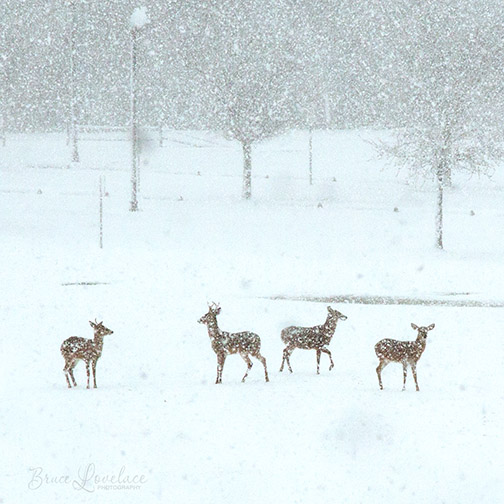HOW TO POSTS: LIGHTING AND COMPOSITION
nature photography equipment
WRITTEN BY: BRUCE LOVELACE
UPDATED: June 29, 2024
Can I be totally honest with you? The best nature photography equipment is simple. You start with a short list of the 3 basic pieces of gear, a decent camera, a decent lens, and a decent tripod, and you have a few options to grow from there.
One warning though. If you think you're going to take amazing nature photos just because of the gear you choose to buy, you may be disappointed.
The truth of the matter is you already have the best photography equipment for nature photography. It's safely nestled in between your ears. As an example, the gear I used for shooting the video below and the "Frolicking Deer" photo wasn't specialized equipment for nature photography.
With that said, deep down we all need you need some basic equipment to make it easier to get those great nature shots you're craving to take.
So, what kind of nature photography equipment do you need?
While it's true that cell phone cameras are quite capable, I'm not so sure that you and I will be thrilled with the results in a lot of situations.
I suggest to you that there are two must-have accessories if you want to take good nature photos. Besides a camera with a decent sized sensor, you need a good zoom lens and you need a stable tripod. That's all!
Nature photography actually covers a broad spectrum of photography. Landscapes, seascapes, macro photos, wildlife photography, and bird photography are all specific categories of nature photography. Some of them require more than just a simple camera, a cheap tripod, and a basic lens.
There are a few basic pieces of nature photography gear that are a big help in getting some great shots of your favorite nature spots. Cameras, lenses, and tripods are the obvious general ones.
Specialized equipment for nature photography depends on the specific category of nature photography you are doing. Landscape, macro, underwater, and wildlife all have specific needs with regards to the equipment you may want to have on hand.
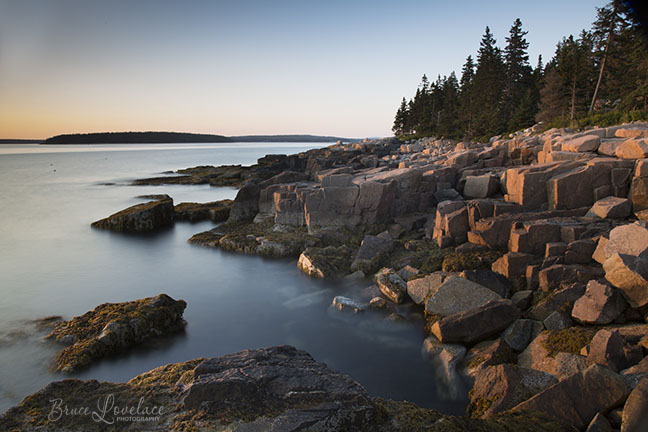 A tripod is a must-have accessory for long exposure photography
A tripod is a must-have accessory for long exposure photographySmooth water effect achieved with an exposure of 13 seconds
To eliminate the ocean waves crashing on the rocks and to get the interesting effect of smooth water, I used a 6-stop neutral density filter and a tiny aperture of f/18 to give me a 13 second exposure. The other two piece of nature photography gear I needed to use were my travel tripod and my body to block the wind from shaking my lightweight tripod.
choosing the best nature photography equipment for you
Use the patented G.I.S.N.O.R. METHOD. It's a secret recipe that will lead you to the equipment you need for your nature photography. Yes, I'm just being a little silly here.
Use General Information. Know your Specific Needs. Use Online Reviews for research.
Follow the 3-step recipe below.
- BASIC INFO. Grab some general equipment information from the Digital Photography Tips web site.
- GENRE OF NATURE PHOTOGRAPHY. Figure out your specific needs based on the type of nature photos you want to shoot.
- CHECK REVIEWS. Go to a big online retailer that has a lot of consumer reviews. Read at least 5 positive reviews and 5 critical reviews. That will give you a great feel for the experiences of other photographers about a specific piece of nature photography gear.
I use Amazon all the time to read the different perspectives that other photographers have on cameras, accessories, and a whole lot more.
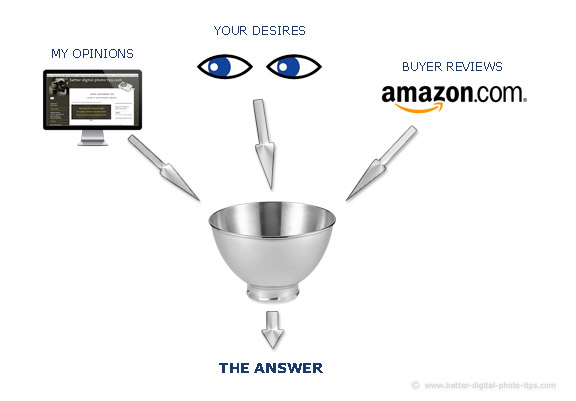 The Recipe for Choosing the right nature photography gear.
The Recipe for Choosing the right nature photography gear.I made this goofy illustration to help you remember the recipe.
Blended together, these three ingredients will help you make the right choice. Your preference for taste is the most important ingredient of all, but you can gain a lot of information by reading what other photographers have found out ahead of you.
basic equipment for nature photography
Okay, let's dive into the 3 basic pieces of gear you can't do without for getting great nature shots. Lenses, cameras, and a tripod.
1. lenses for nature photography
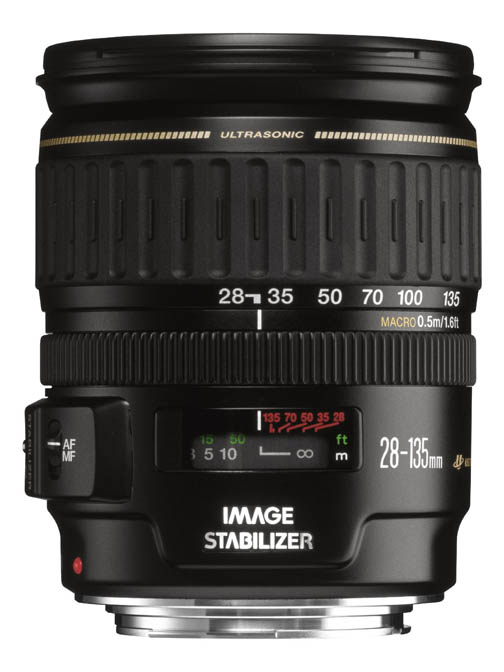 Zoom Lens
Zoom LensOutside of the camera, the two most essential pieces of equipment for nature photography are a good zoom lens and a tripod.
Although you can shoot without a tripod in some situations when there is an abundance of light, I consider this to be a vital piece of nature photography equipment to have. You'll get sharper photos when you use a decent tripod combined with the self-timer or a cable release.
Each of these two pieces of gear have their own features and benefits and both are better to use in certain situations.
1. cable release vs self timer
equipment comparison
Which is the better choice for shooting nature photos, the camera's built-in self timer, or an accessory like a cable release or wireless remote shutter trigger?
self-timer
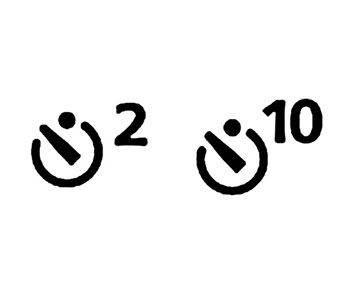
- It's always with you because it's built into the camera.
- Using it allows the camera to "settle" after pushing the shutter button.
- No extra accessory that can break and no extra batteries needed.
- Longer timer settings are great when you want to do a selfie portrait with yourself included in the nature photograph.
cable release
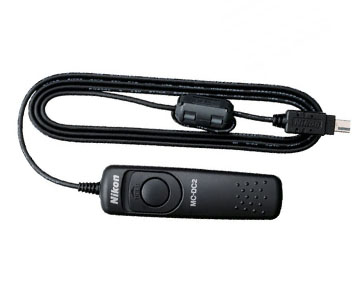
- Vital when you need to time your exposure for just the right instant.
- Perfect for outdoor portraits and stationary wildlife photography subjects.
- Your camera stays steady and you can watch your subject closely and click at the right instant.
- Wireless shutter triggers are better for situations where you don't want to be right next to your camera when the exposure is made.
Most nature photographers are going to shoot both wide-angle views and closely cropped compositions and a wide-angle to medium telephoto zoom lens is the most versatile way to go. You may have limited ability to move around and the versatility of a zoom lens with a good range just makes sense. Here's more about camera lens choice.
2. best camera for nature photography
Choosing the best nature photography camera is beyond the scope of this article, but there are some definite features that you'll want to look for.
CONTROL. Nature photographers need a camera that allows them to control its settings. There are many occasions when control over focus (using manual focus) and exposure settings (exposure compensation) should not be done with the cameras set on automatic modes. You'll want to be able to control the depth of field to control how much of your subject is in sharp focus.
SENSOR SIZE. Not to be confused with the number of megapixels, but the action physical size of the sensor determines image quality more than anything else. Larger sensors collect the light much better and give you the best quality, especially in low light situations.
Here's a more thorough dive into Digital Camera Buying Advice.
I really like the inclusion of a histogram in your camera's list of features. A histogram really helps to determine the best exposure in the wide variety of lighting situations you encounter with nature photography. Some of your scenes will have contrasty and unique lighting situations that can fool your camera's meter. Histograms are a little bit too technical for some photographers, but if you take a little time to learn about their usefulness, you'll be glad you did.
The camera should either be equipped with a lens that has a nice broad zoom range or be able to take interchangeable lenses from wide-angle to telephoto and perhaps one of the dedicated macro photography lenses.
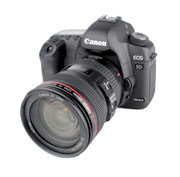 Nature photography camera
Nature photography cameraWith this specific genre of photography detail is extremely important so a camera with a big sensor is a preferred choice. The Canon APS-C for Canon and Nikon DX, the Foveon (Sigma) and 4/3 formats are all really good sizes for many photographers. The full-sized sensor cameras from any manufacturer will give you the best image quality possible and plenty of useful features and settings.
Cameras with interchangeable lenses are much better suited for nature photography because of their versatility in choosing the best lens for the given situation. For general nature shots, you can get away with a quality zoom lens that goes from wide angle to at least a moderate telephoto angle to handle most situations.
3. best lenses for (wildlife) nature photography
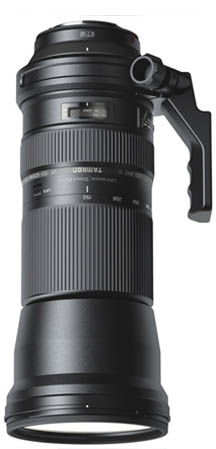 Wildlife Lens
Wildlife LensZoom lenses that have a wide range with the ability to handle both wide-angle landscapes as well as zooming in to capture a detail shot or wildlife is the best way to go if you want a safe way to handle a variety of situations.
Lenses that have macro focusing ability give you a whole new category of nature photography to have fun with. Specialty lenses more extreme close-ups are dedicated macro lenses and extreme telephoto lenses are needed for serious for wildlife photography.
Super telephotos are really the best choice to use as bird lenses such as the 600mm lens picture here on the left. Break out your credit card for one of these babies!
4. nature photography lighting equipment
Lighting for nature photography is often what you find based on the time of year, time of day, and weather conditions. With landscapes and seascapes you rarely can change the lighting that exists and may have to adjust with some simple or sophisticated photo retouching afterwards.
I am not a big fan of using strobes in these situations, but many photographers do like to use flash guns to provide fill light as well as for macro photography.
Sometimes there may be instances when you are going to add some fill light with electronic flash or bounce lighting when you are creating a nature photograph within a small area such as macro photography.
Here some thoughts and several examples of natural macro photography lighting
5. backpacks for nature photography
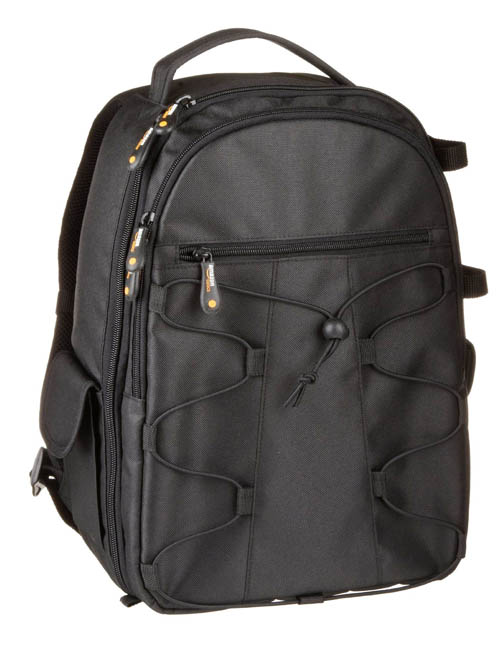
There are so many designs and features to consider with an appropriate backpack for nature photography it can be confusing.
I've used many backpacks and camera bags over the years and have shared my personal thoughts on the advantages and disadvantages of several different designs.
It's one of those cases where you must take a realistic look at the exact nature of your photography and combine that with some real world experience to get the best backpack for your nature photography.
Here are my thoughts on Best camera backpacks. If you are somewhat serious about your nature photography, you're going to do some hiking or traveling with your camera gear in tow. The right combination of size and ease of use should determine what backpack you want to use for your nature photography equipment.
Here are some more thoughts on advantages and disadvantages of backpacks on the camera backpack reviews page. These thoughts might help you figure what kind of nag you want to use to hold all of your nature photography equipment.
Enjoy using your nature photography equipment. You have so many great tools available. It's such a great time to be interested in photography. Have a blast!
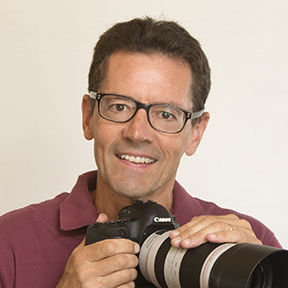
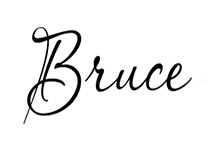
ABOUT BRUCE LOVELACE
Bruce is the publisher of this website. He is the author of the book "Improve Your Photography Instantly." Read more on Bruce on his Bio Page. He's been known as The Traveling Photographer ever since 1994. Read more about this website.
View some of Bruce's photos on Instagram. Visit the Facebook Page. Watch him on YouTube. Bruce runs photo workshops for kids and adults, and provides one-on-one photography coaching.
Digital Photography Education Location on Google My Business
